Cloud services is a rapidly growing market. Modern technologies like big data analytics, IoT, artificial intelligence and even web and mobile app hosting all need heavy computing power. Cloud computing offers enterprises an alternative to building their in-house infrastructure. With cloud computing, anybody using the internet can enjoy scalable computing power on a plug and play basis. Since this saves organizations from the need to invest and maintain costly infrastructure, it has become a very popular solution. There are many companies that offer cloud platforms for development, management, and deployment of applications. In this blog, we will introduce you the Popular cloud platforms that you can use to effectively manage the IT needs of your organization.
Popular Cloud Platforms and Solutions to Choose from
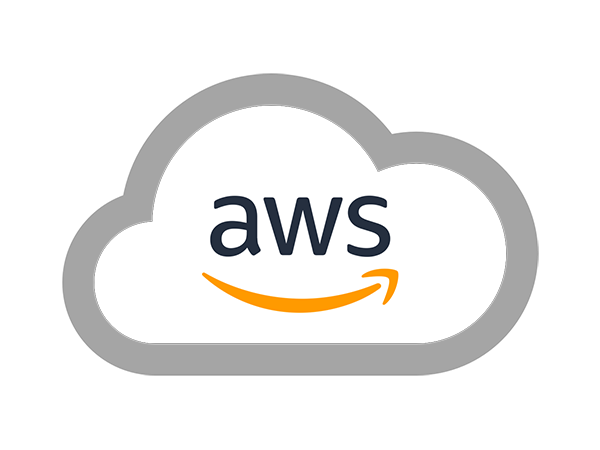
Amazon Web Services
Amazon Web Services (AWS) is a comprehensive, evolving cloud computing platform provided by Amazon. It provides a mix of infrastructure as a service (IaaS), platform as a service (PaaS) and packaged software as a service (SaaS) offerings. I've compiled a few of our reasons for choosing AWS and explained them here. So let's dive in and see why AWS is better than the competition, for big and small users. Among all the cloud service providers Amazon is considered is the most powerful and flexible solution. AWS's virtual cloud platform comes with most of the attributes of an actual computer including hardware (CPU(s) & GPU(s) for processing, hard-disk/SSD for storage & local/RAM for memory); an operating system to choose from and pre-loaded apps like web servers, databases, CRM, etc.
Google Cloud
Google offers its public cloud computing solutions with the name of Google Cloud Platform. It offers services in all major spheres including compute, networking, storage, machine learning (ML) and the internet of things (IoT). It also includes tools for cloud management, security, and development. The Google Cloud Storage is a highly dynamic storage solution that supports both SQL (Cloud SQL) and NoSQL (Cloud Datastore) database storage. The Google Compute Engine (IaaS) provides users with virtual machine instances for workload hosting. The Google App Engine (PaaS) offers software developers access to Google's on-demand hosting and a software development kit (SDK) to develop applications that run on app engine. All these services can be accessed using a public internet or via dedicated networks.
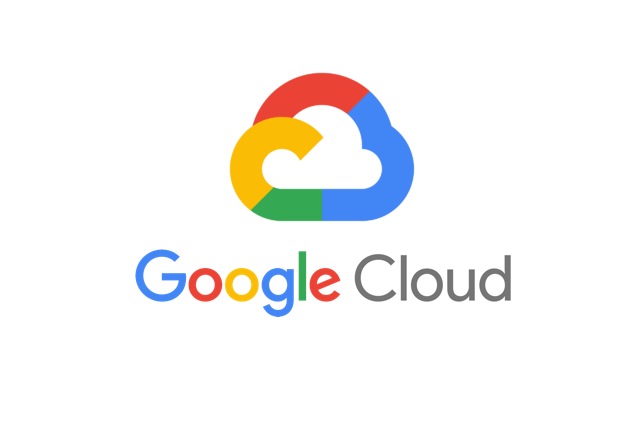
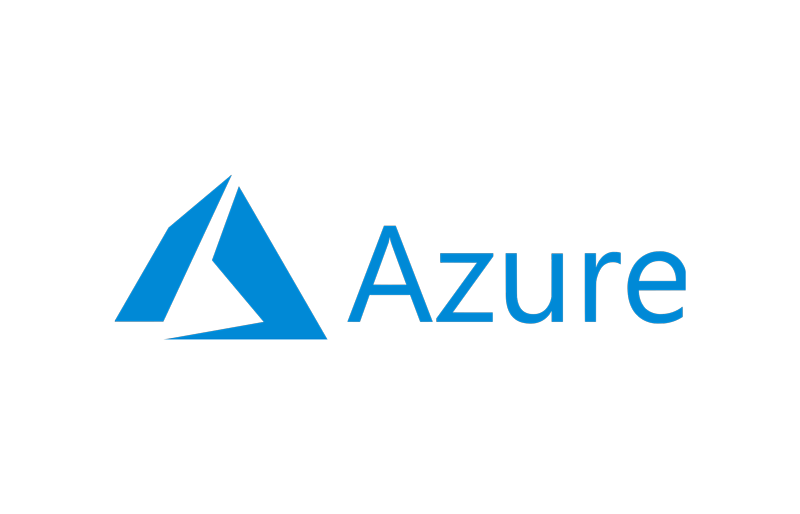
Microsoft Azure
Microsoft Azure (formerly Windows Azure) is the cloud computing service from Microsoft. Enabled primarily through Microsoft-managed data centers, this service proves to be a reliable solution, especially for Microsoft evangelists. Like the above solutions, it supports the development, test, deployment, and management of applications and services. For web development, it offers support for PHP, ASP.net, and Node.js. The Windows Azure is used to deploy code on Microsoft's servers. This code holds access to local storage resources (blobs, queues, and tables). While the SQL Azure it is not a full SQL Server instance it can be integrated with SQL Server. The security features like authentication, security, etc. are supported using Azure AppFabric that allows applications within your LAN to communicate with Azure cloud. Overall it is a complete package that supports development, management as well security of applications.
IBM Cloud
IBM Cloud is the cloud computing solution from IBM that comes with the platform (PaaS) as well as infrastructure as a service (IaaS) offerings. With IBM Cloud IaaS, users can deploy and access virtualized compute power, storage, and networking using the internet. The IBM service offerings can be used as a public, private or hybrid model whichever suits an organization’s need. The IBM Cloud PaaS is based on an open source cloud platform - Cloud Foundry. IBM services can be used by developers to create, manage, run and deploy scalable applications for both public cloud and on-premises environments. The programming languages that are supported by IBM Bluemix include Java, Node.js, PHP, and Python. The solution can even be extended to support other languages.
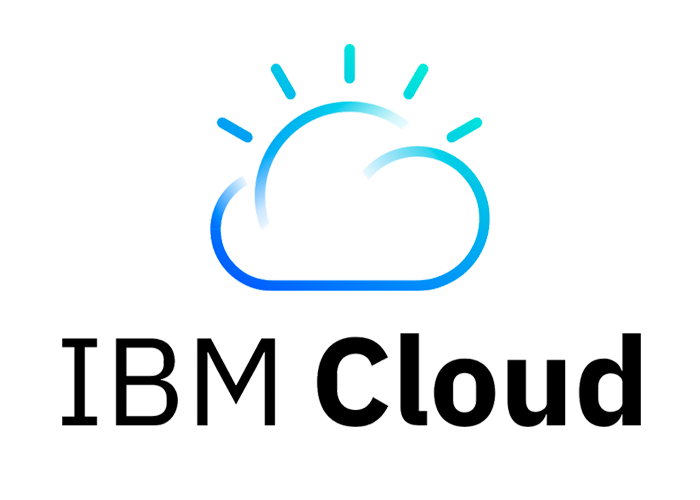
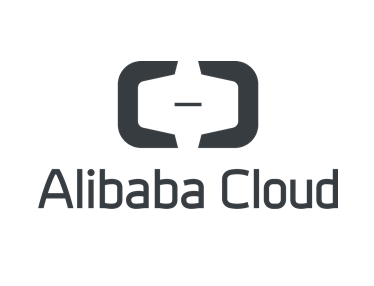
Alibaba Cloud
Alibaba Cloud is the cloud initiative of the Chinese eCommerce giant - Alibaba Group. The Alibaba services dominate the Chinese market and have roots all across the globe with headquarters in Hangzhou, China. It was established in 2009, just three years after the incorporation of Amazon Web Services. Being in the same business as Amazon it is often considered the toughest competitor of AWS. Alibaba Cloud began as a private cloud which was meant to support the internal infrastructural needs of the Alibaba Group but it soon scaled to a public cloud solution provider. The Alibaba Cloud computing services cover all the major cloud services like elastic computing, hosting, object storage, relational database (SQL), NoSQL database (using the Table Store), big data analytics (Hadoop), Machine Learning (ML) and Artificial Intelligence (AI).
Technology executives currently face significant challenges with their existing IT infrastructure while the speed of change of the market is creating ongoing pressure to adapt and deliver. In response, cloud computing providers like Amazon Web Services (AWS) are enabling companies to consume shared computing, storage and other resources faster and more efficiently versus building and operating their own IT infrastructure. This makes AWS best from the rest.
